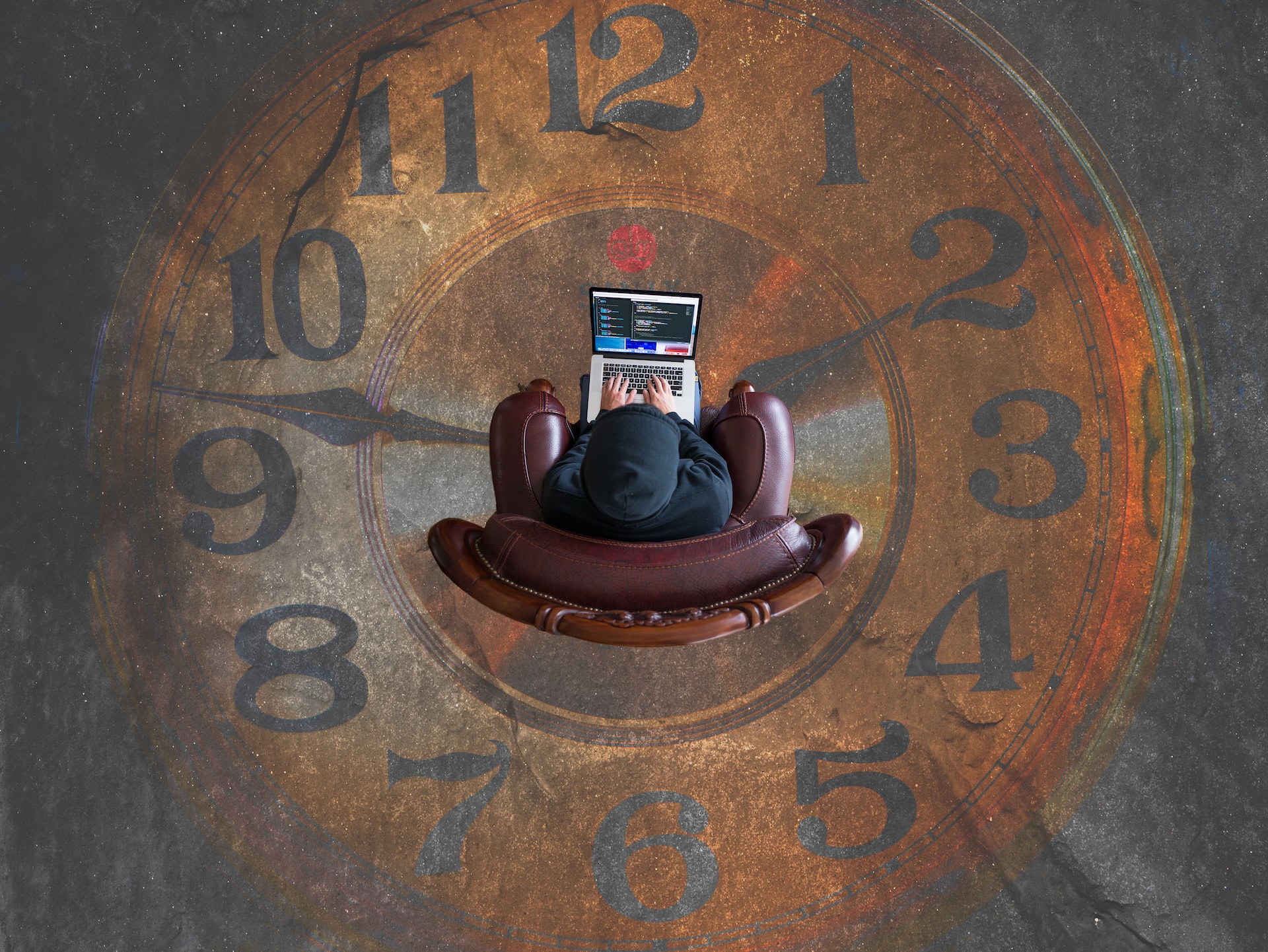A County Court Judgment (CCJ) can significantly affect your creditworthiness for up to six years, impacting your ability to obtain loans, credit cards, and even mobile phone contracts. However, by promptly addressing a CCJ and managing your credit report (also known as your credit file or profile), you can improve your credit standing.
What is a CCJ?
A CCJ is issued when a creditor applies to the court, asserting that you haven’t repaid a debt. If the court agrees, the judgment will be issued, requiring you to repay the debt. Upon receiving a CCJ notice, you can choose to:
- Pay the full amount immediately.
- Request to pay later or in installments.
- Dispute the claim or the amount owed if you believe it’s incorrect.
- Counterclaim if you think the creditor owes you money, such as for a contract breach.
Ignoring a CCJ or failing to comply can lead to more severe actions, like the seizure of your belongings to settle the debt.
Visibility of Your CCJ
Your CCJ will be recorded in the Register of Judgments, Orders, and Fines, which is publicly accessible. However, there are exceptions:
- If you pay the full amount within one month, the CCJ won’t be recorded.
- If you successfully dispute the CCJ, it may be cancelled or ‘set aside,’ meaning it won’t be recorded.
A recorded CCJ remains on the register for six years and can be accessed by anyone for a small fee, revealing your name, address, case and court number, and the amount owed.
How a CCJ Affects Your Credit Profile
A CCJ will appear on your credit report if recorded on the Register, lowering your credit score. This can hinder your ability to obtain credit, such as loans, credit cards, or bank accounts. Employers and letting agents may also check your credit report, potentially seeing your CCJ before hiring you or renting property to you.
To monitor your CCJ and other credit details, check your Credit-Score.com Credit Report.
Duration of a CCJ on Your Credit Report
A CCJ remains on your credit report for six years, even if paid off during this period. After six years, it will no longer appear on your report, regardless of payment status.
To understand how a CCJ affects your creditworthiness, check your Credit-Score.com Credit Score, which ranges from 0 to 999. A higher score indicates a better chance of credit approval.
Removing a CCJ from Your Credit Report
You can request the removal of a CCJ from your credit report if you can prove that:
- You paid the full amount within one month of issuance.
- Six years have passed since the CCJ was issued (it should be automatically removed).
- The CCJ was cancelled or ‘set aside’ by the courts.
- An insurance company was responsible for the debt.
If you find an unknown CCJ on your report, first identify the case number and contact the issuing court, which can be done through your Credit-Score.com Credit Report.
Post-Six-Year Impact of a CCJ
After six years, a CCJ is removed from your credit report, making it invisible to lenders and improving your credit score. This makes you a more attractive candidate for future credit.
Consequences of Ignoring a CCJ
Ignoring a CCJ can lead to further actions, such as:
- Wage garnishment (attachment of earnings).
- Visits from High Court Enforcement officers or bailiffs, potentially resulting in the seizure of your belongings.
To avoid these actions, it’s best to negotiate manageable repayment terms rather than ignoring the CCJ.
Negotiating a CCJ
Respond promptly to the letter of claim included with your CCJ notice. You must send the completed reply form to the creditor within 30 days. This response can include agreeing to the debt or disputing it. If required to pay, you can negotiate repayment terms.
Rebuilding Your Credit After a CCJ
Once you repay your CCJ, it will be marked as ‘satisfied’ on your credit report, improving your profile. To further rebuild your credit:
- Register on the electoral roll at your current address.
- Ensure timely repayments of your CCJ and other credit agreements.
- Limit credit applications to one every three months.
- Regularly check your statutory credit report for accuracy.
- Connect with Credit-Score.com Pro Boost to showcase responsible financial behavior, which can enhance your score.
Consider subscribing to a paid Credit-Score.com service for ongoing financial control and credit monitoring.






